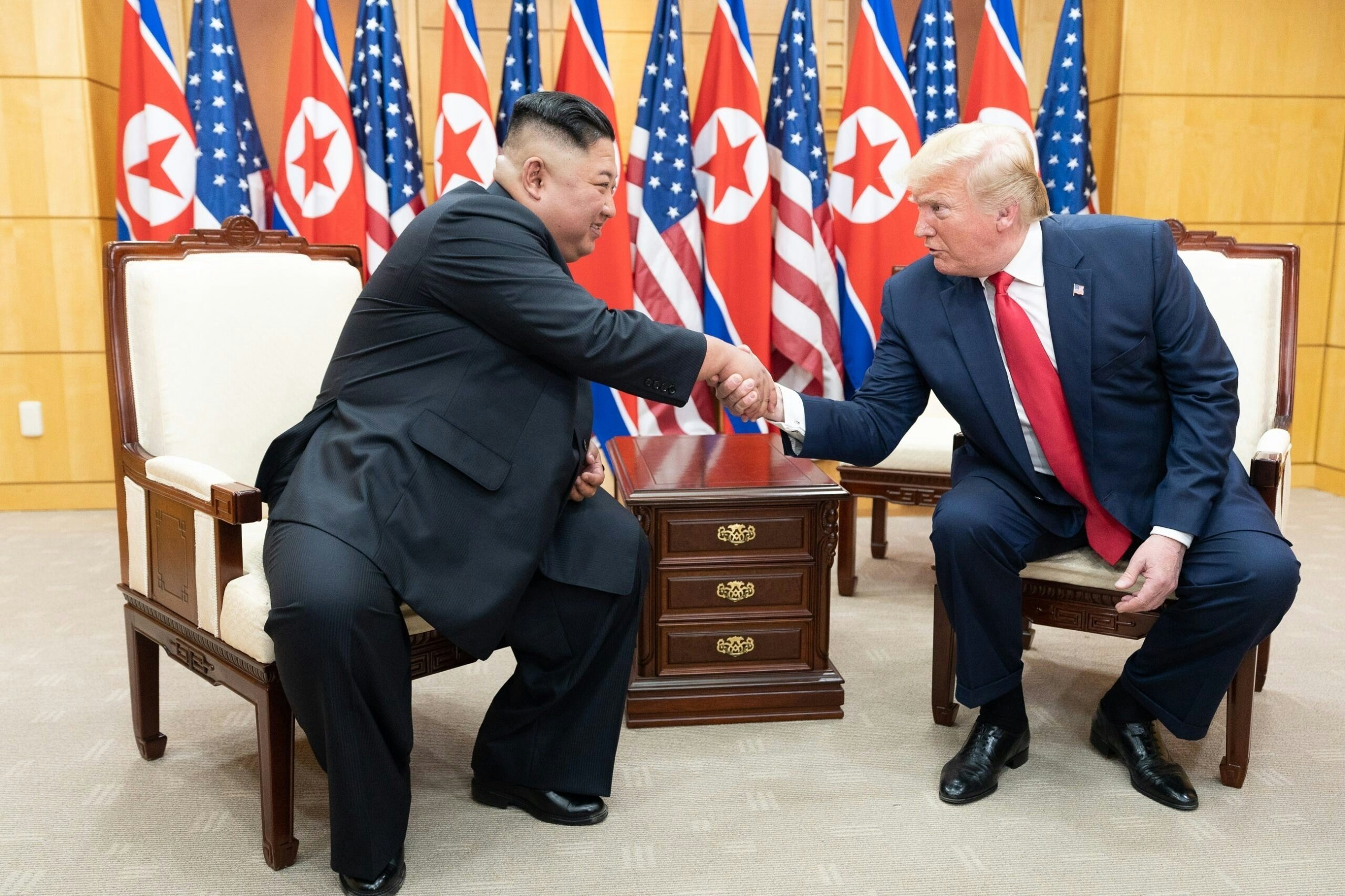Some on Capitol Hill and at least one Southeast Asian Nation have accused the new Barbie movie of promoting Chinese Communist Party (CCP) propaganda. Critics have pointed to a cartoonish map displayed in the film as depicting the “9-dash line,” an unofficial boundary that places most of the South China Sea under Beijing’s control. This demarcation is contentious among several countries in the region including Malaysia, the Philippines, and Vietnam. Barbie’s producers deny that any geopolitical statements are being made, and that the map simply depicts a “child-like” representation of the world.
Why This Matters
In a vacuum, these reactions to a movie about a children’s doll may seem overblown. The map in question doesn’t even show China specifically – instead, the somewhat amorphous region depicted is labeled as “Asia.” It’s also uncertain at this time if the makers of Barbie were responding to pressure, perceived or otherwise, from the Chinese government.
That suspicion, however, is understandable if you know that the CCP has a track record of coercing Hollywood into getting what it wants and promoting its political narratives. These efforts, known as “sharp power,” exemplify how an authoritarian power located thousands of miles from the United States influences Americans without their knowledge.
As documented by PEN America, Beijing has dangled access to its lucrative markets to directly or indirectly (through self-imposed censorship by production studios) curb freedom of expression in American movies. This typically means restricting or forbidding issues that challenge China’s authority or tarnish its image. For example, there would be no mention of oppressed peoples or human rights abuses within China as it relates to Uyghurs, Tibetans, Hong Kongers, or others. It also discourages representation of anything at odds with Beijing’s political aims, such as symbols or suggestions that Taiwan is independent of China. At the same time, Beijing attempts to normalize its geopolitical ambitions through Hollywood – such as depictions of the 9-dash line.
Beijing’s coercion of Hollywood also includes boosting China’s appeal, such as ensuring the country is not cast in the role of a villain. This has been exemplified in movies like the remake of Red Dawn and Top Gun: Maverick.
Studios and actors who defy these wishes, risk access to the huge Chinese market or, sometimes, their careers.
Bottom Line
The CCP, which oversees one of the world’s least free countries, offers a governance model that does not respect human dignity, individual or political rights, essential freedoms (like expression, association, and worship), or the rule of law.
It’s bad for America when an authoritarian foreign government coerces U.S. businesses and institutions, particularly in ways that manipulate American perceptions of the world. In fact, my colleague Jessica Ludwig and I recently wrote an article for The Catalyst detailing the many ways – including movies – that CCP authoritarianism affects you. Americans need to be aware that this sharp power is being used against them so that they can build resiliency to it.































